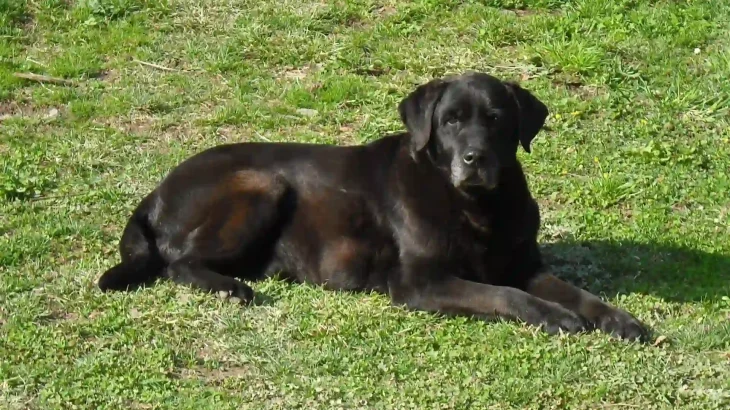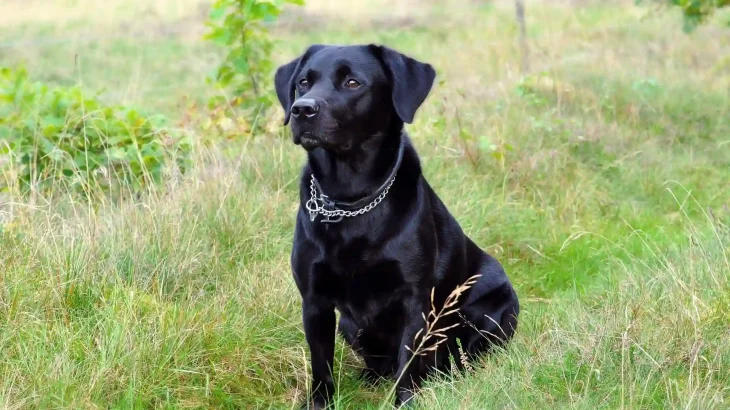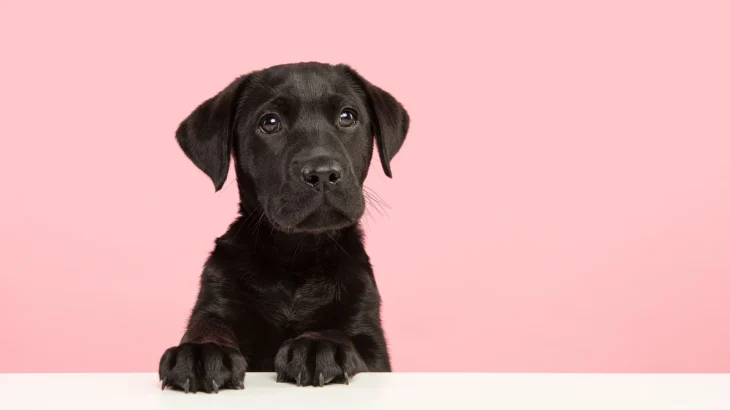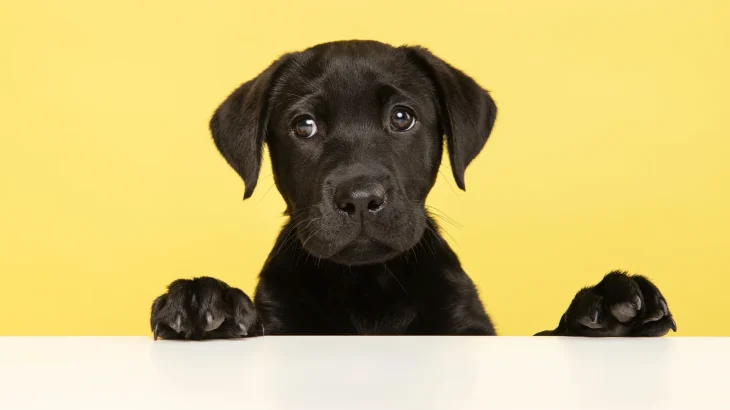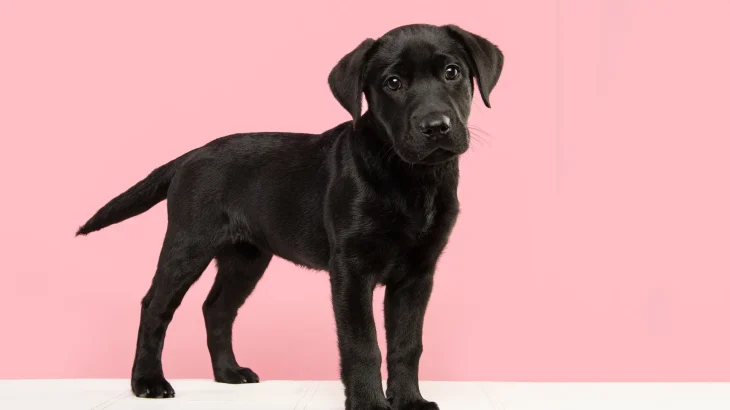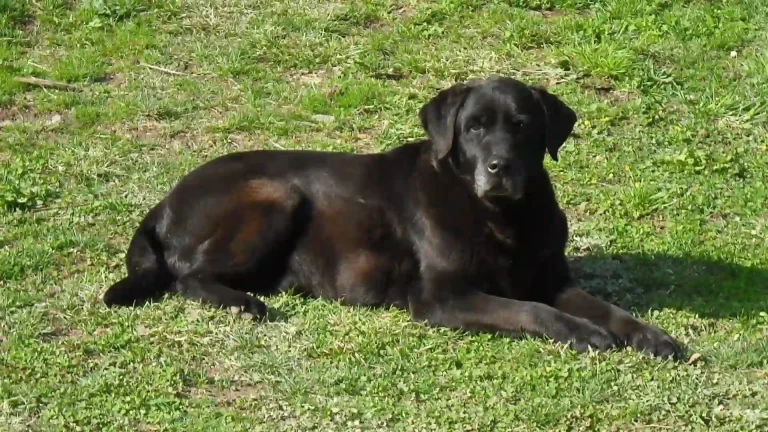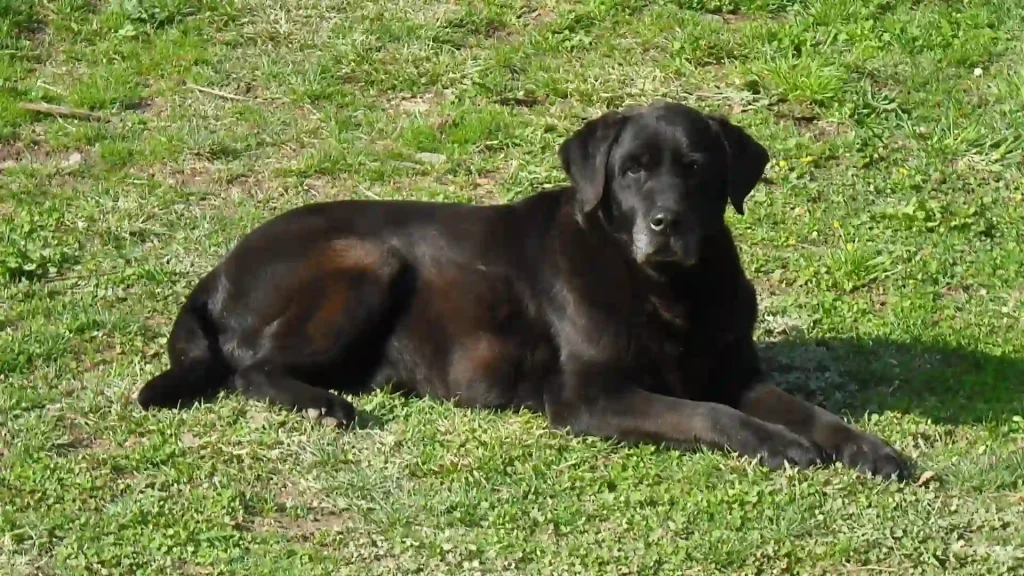Deciding between adopting or purchasing a Kukkal puppy involves weighing access to breed-specific traits against supporting responsible pet ownership. Buying from a breeder usually means clearer knowledge of the puppy's lineage and health history, while adoption offers a loving home to a dog in need, sometimes without full background details.
| Criteria | Buying from Breeder | Adopting from Shelter/Rescue |
|---|---|---|
| Cost | Generally higher due to breed purity and breeder costs. | Lower fees, often including initial medical care. |
| Health History | Detailed health and genetic history available. | Health info may be limited; vet checks often provided. |
| Age Availability | Usually puppies, allowing early development guidance. | Wide age range, including adults and seniors. |
| Temperament Insight | Breeders share traits based on lineage. | Temperament observable but past influences may be unknown. |
| Supporting Practices | Supports breed traditions when breeders are ethical. | Contributes to animal welfare and reduces shelter populations. |
| Breed Purity & Pedigree | Guaranteed pedigree and breed authenticity. | Breed purity may be unknown or mixed. |

